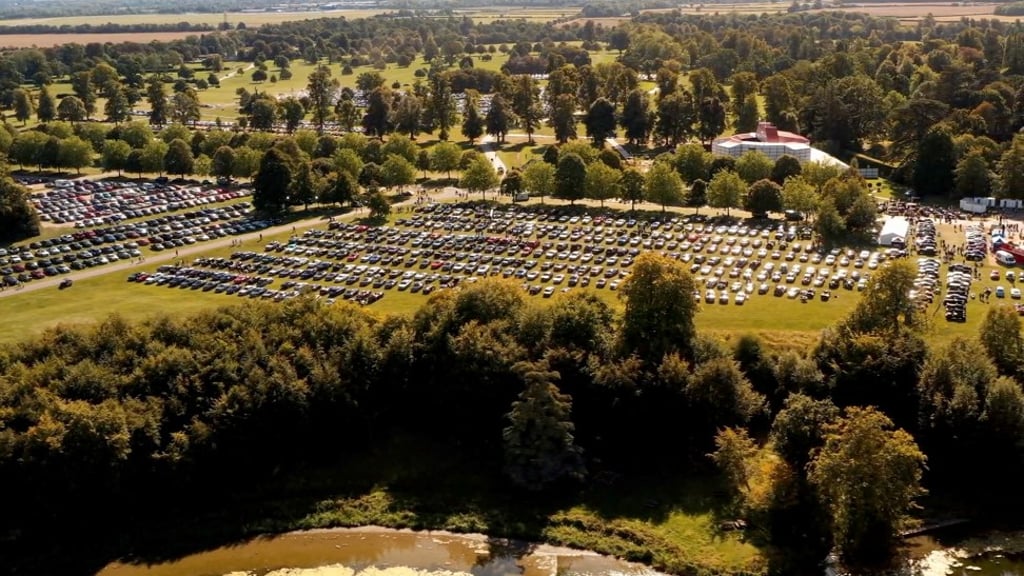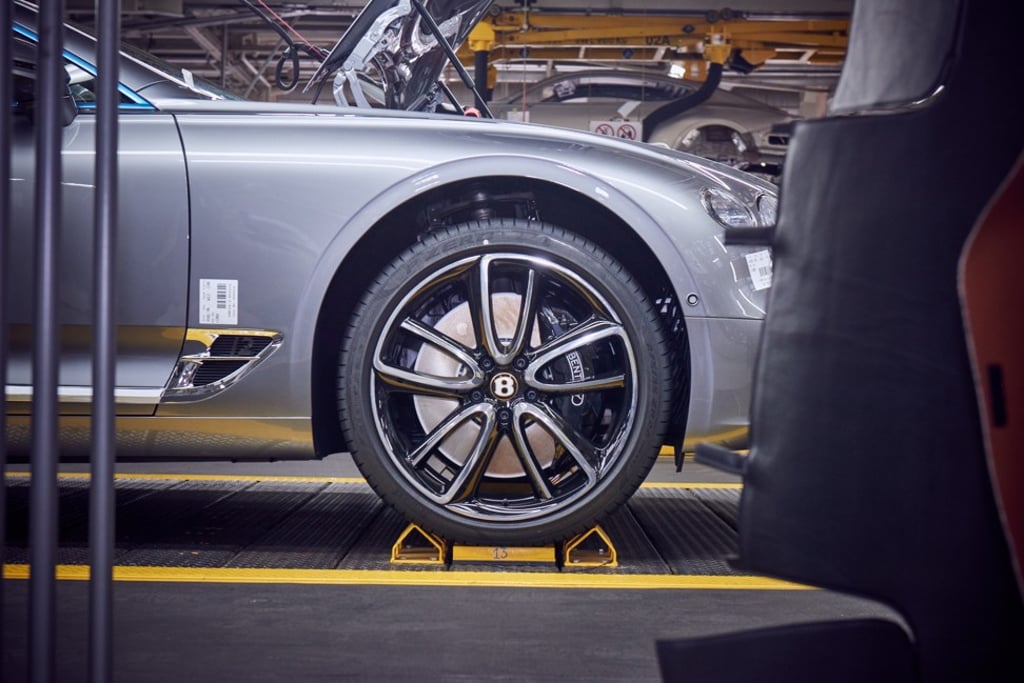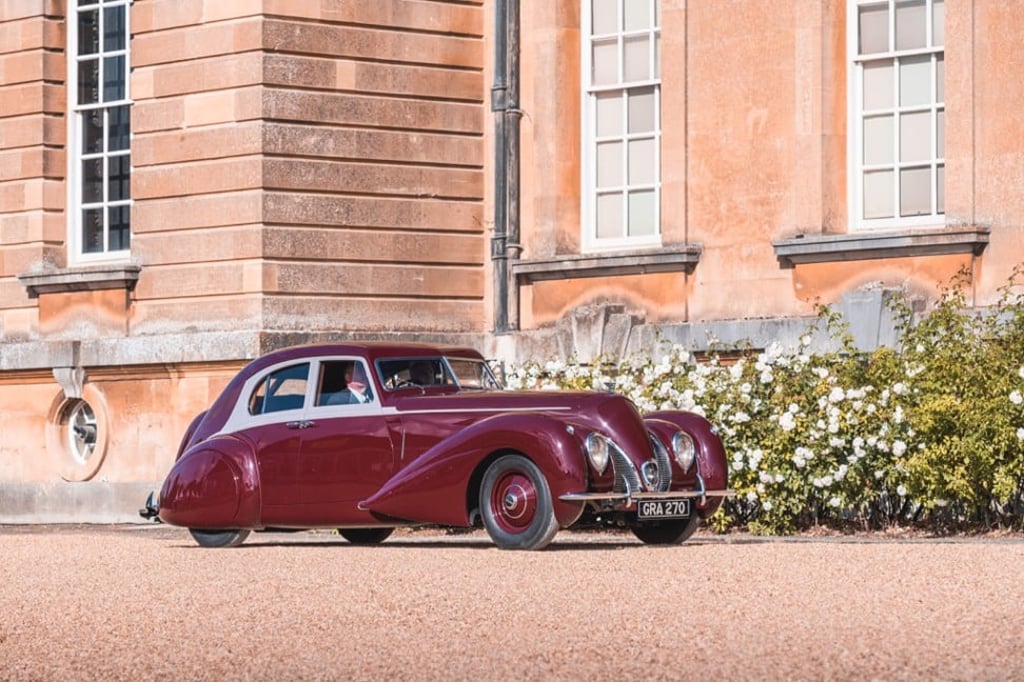Robert Downey Jr. owns a Bentley, so does Jay-Z: as the luxury car maker turns 100, what can the next generation Bentley buyers expect?

Why millennials aren’t really anti-car, and why most rich people ‘don’t buy luxury cars’ – according to Bentley CEO Adrian Hallmark, who sees hybrid and electric engines as a way to sell even more motors, not fewer
With a long and storied past, British car marque Bentley may be blowing out 100 birthday candles this year, but it’s leader is looking confidently towards the next 100 years. It’s a future where the internal combustion engine is facing obsolescence in favour of electric model. Where governmental regulations are forcing car manufacturers to improve fuel efficiency and reduce emissions, as climate change is increasingly a hot-button political issue. And where ride-sharing services like Uber or Lyft mean car ownership is becoming optional.
I don’t believe millennials are anti-car. If you can’t afford something, you tend to say you don’t want it. Actually, it’s because you can’t afford it

Looking to future generations of luxury car buyers, some may believe that millennials don’t care about automobiles, but Bentley chairman and CEO Adrian Hallmark defiantly refutes the claim. “I don’t believe they’re anti-car. If you can’t afford something, you tend to say you don’t want it. Actually, it’s because you can’t afford it,” he says.
“My point is that we change our tastes according to our means. I don’t believe this rubbish about everybody wants to share and not own. Some do, and some do in certain product categories, but I don’t believe that everybody will for every category. You like to succeed, you like to achieve, you like to own something.”

Investment in new technology and the development of electric vehicles has become a matter of survival in light of the growing masses of environmentally-conscious car buyers and policymakers. Therefore, Bentley has poured hundreds of millions of dollars into electrification. In 2019, it launched the all-electric and autonomous EXP 100 GT concept car that offers its vision of what luxury mobility will look like in 2035; and the Bentayga Hybrid SUV, the most efficient Bentley ever – with combined CO2 emissions of 79g/km, the brand’s inaugural plug-in hybrid car is the first step towards electrifying every one of its models by 2023.

By 2025, it has pledged to roll out its first fully electric vehicle. While autonomous cars are also gaining in popularity, Bentley’s customers apparently prefer to drive their automobiles themselves.
“Why would I spend £200,000 (US$257,000), £300,000 (US$385,000) or £400,000 (US$514,000) on a car that I’m not going to drive?” Hallmark asks. “The only reason I would spend that much on a car is because it’s the best driving machine for the purpose. We’re more on the experiential side than taking the steering wheel out of the car.”